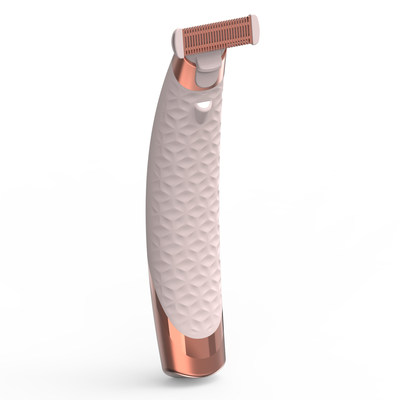

Show them art and other media with a diversity of bodies. Help them understand the social-media photo filters and AI effects they encounter online. For example, compliment young people for their curiosity or imagination, not their looks. Read: Jameela Jamil and the trouble with #NoFilter feminism Which leads me back to my dilemma in the hallway: How, as a parent, can I possibly raise my daughters to not overvalue attractiveness? Meanwhile, the algorithmic optimization of faces that we commonly see on our screens-through Instagram filters or even Zoom’s subtle “touch up my appearance” function-transcends borders. Although it might differ in practice, beauty culture is enforced on both sides of the Pacific where I’ve lived. But lookism-discrimination based on appearance-is woven into American life too. In the U.S., where my family and I now live, popular culture sometimes tries to ignore the benefits of physical beauty, perhaps refuting it in platitudes about body positivity. The Korean phrases most seared into my girls’ memories are the ones that were repeated to them the most-“hello,” “thank you,” and “so pretty.” I thought my children were way too young for beauty treatments, but in Seoul, moms asked me whether my then-3-year-old’s lashes were extensions. Parents reward high-school graduates with cosmetic surgery. In Korean, this attitude is called oemo jisang juui, which translates into “looks are supreme.” Passport-photo businesses retouch images by default. I quickly learned that in Korean culture, people often make judgments about others’ looks out loud, to their face, because the link between appearance and worth is frequently accepted as the norm. My daughters, in particular, are influenced by South Korea, where we lived for nearly four years during my time as NPR’s Seoul-bureau chief. I also didn’t want to misrepresent how society operates. In fact, Rebecca Herzig, a professor of gender and sexuality studies at Bates College, told me that trying to convince my children that appearance isn’t important is “a really complicated form of gaslighting.” I wanted my kids to resist the tyranny of vanity: the way it excludes people, makes them anxious, and encourages them to labor constantly. I cannot erase these advantages by ignoring them. Good-looking people are perceived as healthier, smarter, and more sociable, as research has shown for decades. Better-looking economics scholars are cited more often in academic papers. Attractive men make more money over the course of their career.

Study after study confirms that prettiness can be a privilege. But my children were right to be skeptical of my advice. The eldest replied, “She only says that because she’s already pretty.”Īs I recount in my book, Flawless: Lessons in Looks and Culture From the K-Beauty Capital, that moment stopped me cold. “Momma says it doesn’t matter if you’re beautiful it matters if you’re clever,” she said to her sister. About a year ago, I was tiptoeing down the hallway after tucking my 9- and 6-year-olds into their bunk bed when I overheard the younger one.


No matter how much I insist that their looks don’t matter, that their character is what truly counts in life, they don’t believe me. Talking to my three elementary-school-age daughters about beauty can be hard.


 0 kommentar(er)
0 kommentar(er)
